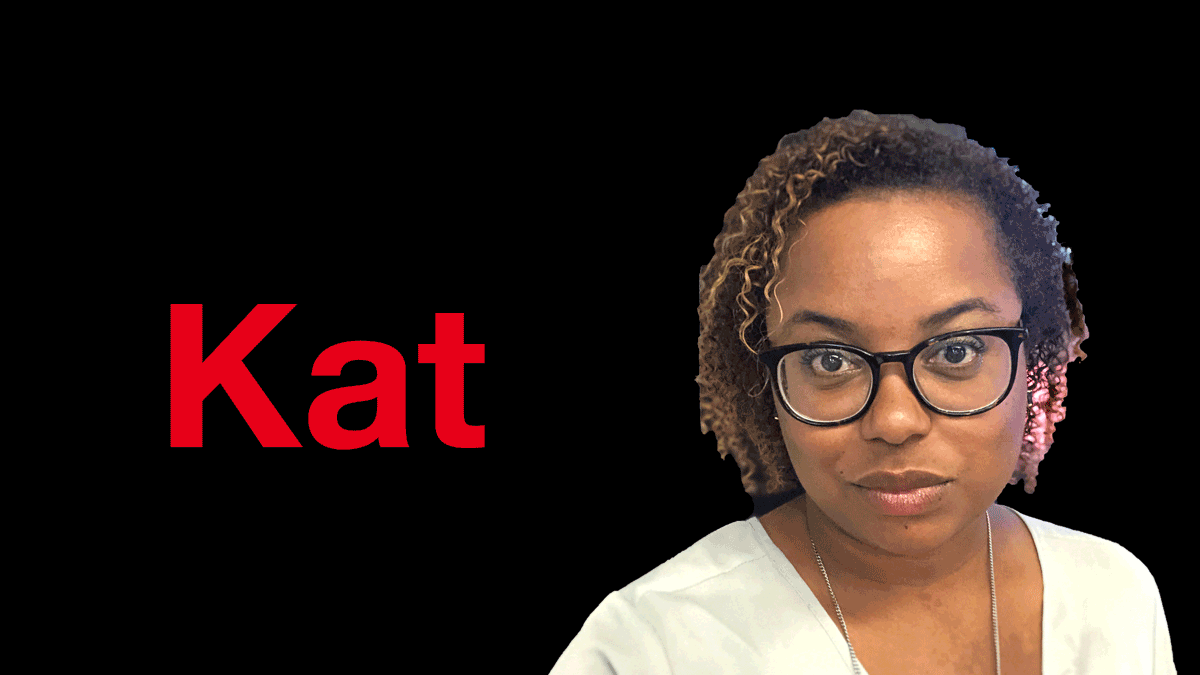A 36-year-old attorney, Kat Calvin founded Spread the Vote after the 2016 election. She said the results that year convinced her that the Supreme Court's striking down of the preclearance requirements under the Voting Rights Act has led to a wave of voter suppression across the country. Her answers have been lightly edited for clarity and length.
What's the tweet-length description of your organization?
Spread The Vote helps people obtain the government-issued photo identification cards required for voting in many states.
Describe your very first civic engagement.
Oh wow, I don't know! I do remember getting out of school in probably the fifth grade to vote for Bill Clinton with my mom.
What was your biggest professional triumph?
Discovering that I had built a team of incredible people who believed in each other and our mission enough to stick together through the hard times.
And your most disappointing setback?
Learning that no matter how hard you work, when you run a nonprofit you just cannot control when the money does and does not come in.
How does your identity influence the way you go about your work?
I'm a black woman. Black women are a high percentage of people living without IDs in this country and we face much bigger barriers to both obtaining those IDs and rebuilding our lives after we get them. I try to be conscious of the fact that it looks very different when a white man gets an ID and wants to get a job and start over and when a black woman gets an ID and wants to get a job and start over. She will always face 20 more layers of challenges than he will, and we have to think about how that affects the kind of services and opportunities we can both provide and find for our clients.
It's also much, much more difficult to raise money as a black woman and I have to live with donors and potential donors who sometimes say very racist and sexist things to me. There's a lot of grinning and bearing it and remembering why I'm here, and going home to drink bourbon and go for very long runs to calm down.
What's the best advice you've ever been given?
My mother always reminded me of Marian Anderson and said that if they're not listening you find higher ground and shout until they have to hear you.
Create a new flavor for Ben & Jerry's.
Jurassic Bark: chocolate ice cream with Oreo crumbles and peanut brittle in the shape of dinosaurs.
West Wing or Veep?
West Wing
What's the last thing you do on your phone at night?
Make sure I haven't missed any bonkers news or the apocalypse or something.
What is your deepest, darkest secret?
I don't know how much of a secret this is but I am a sucker for anything about serial killers — books, podcasts, movies, socks. I don't care. I'm in.




















